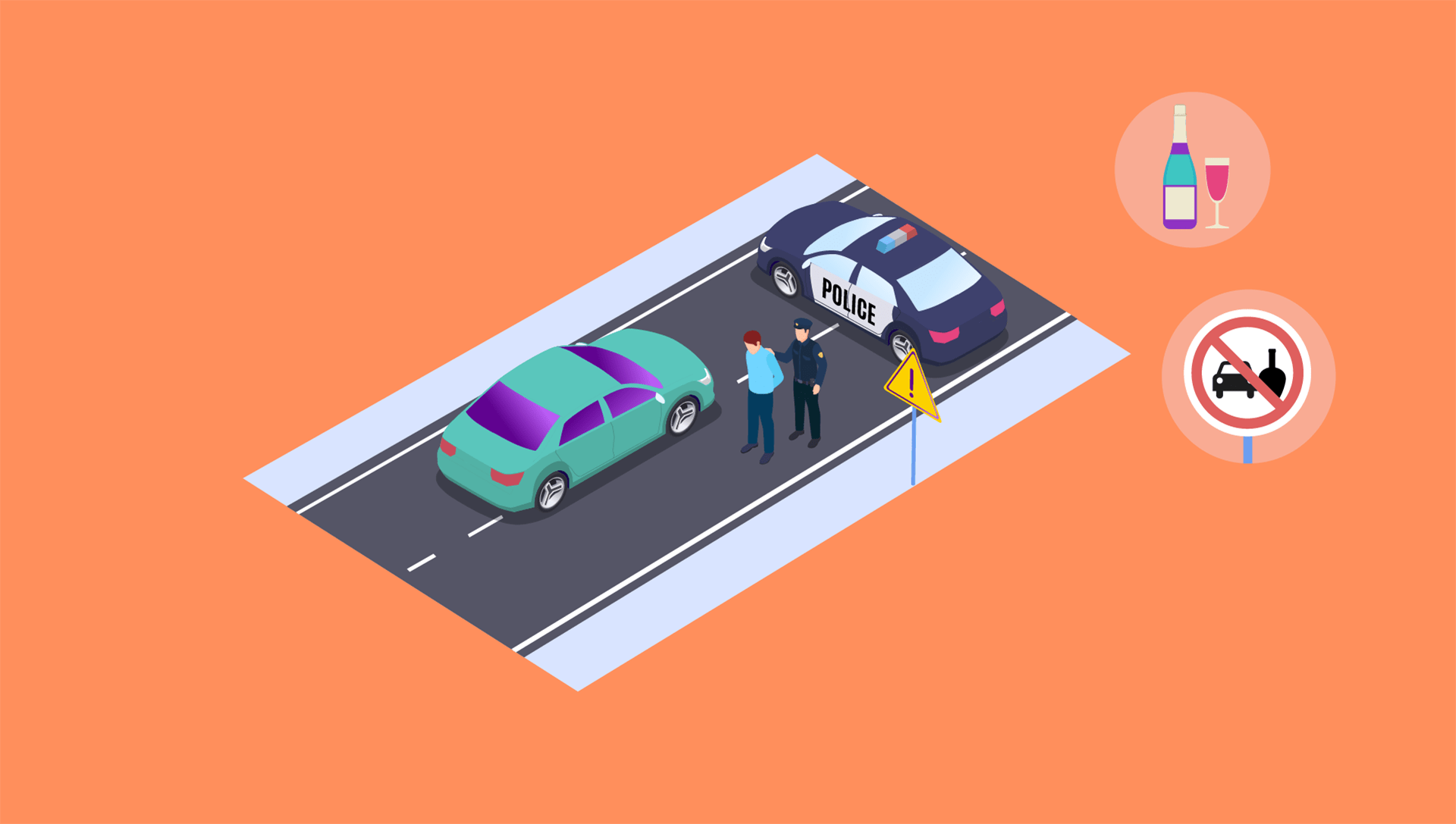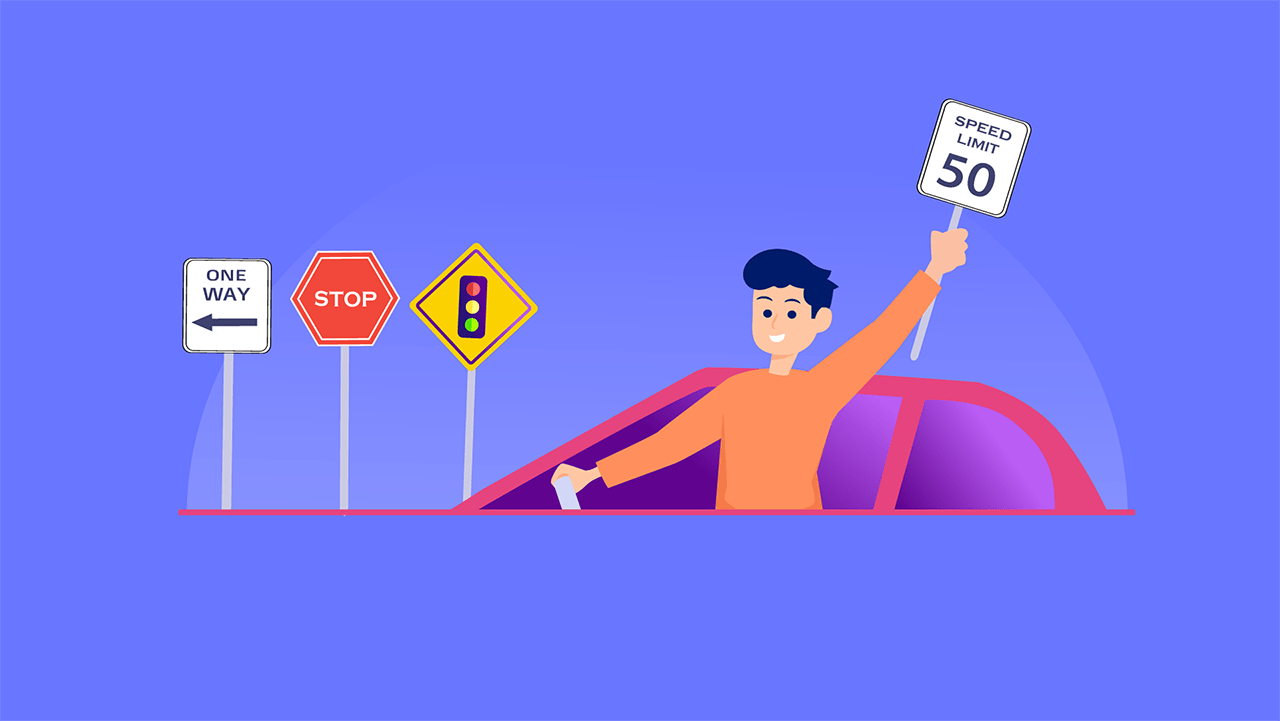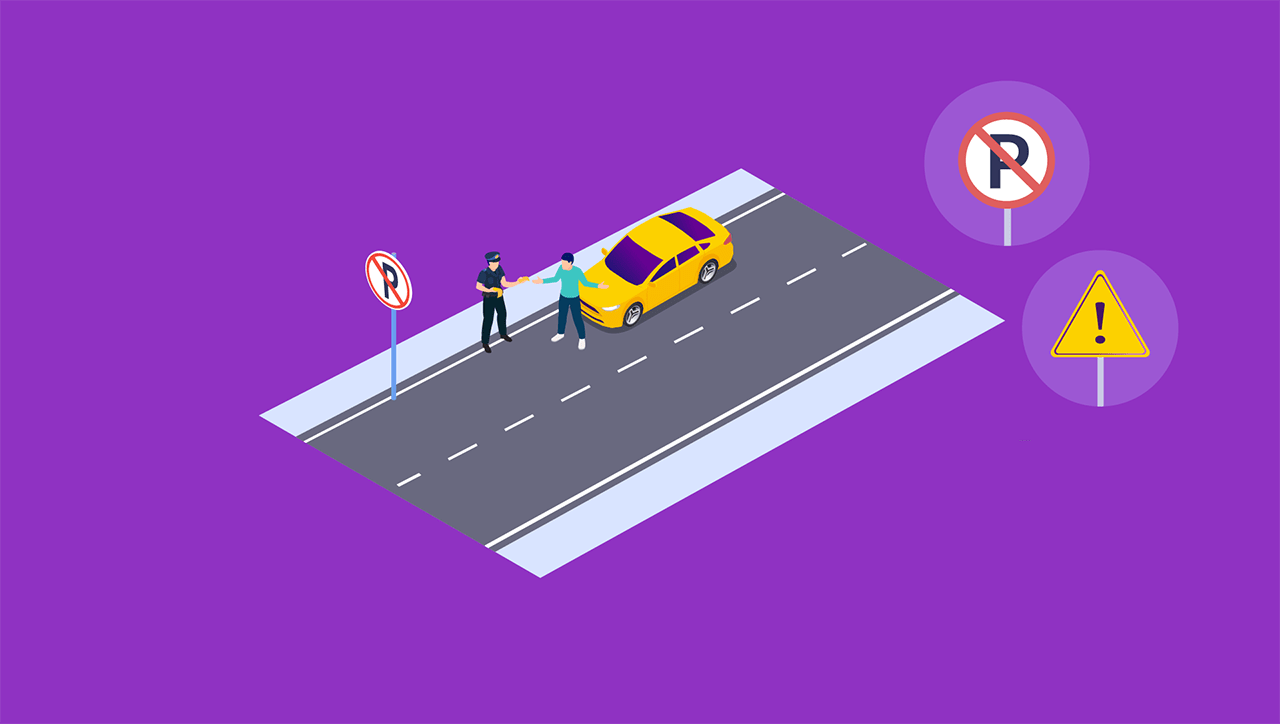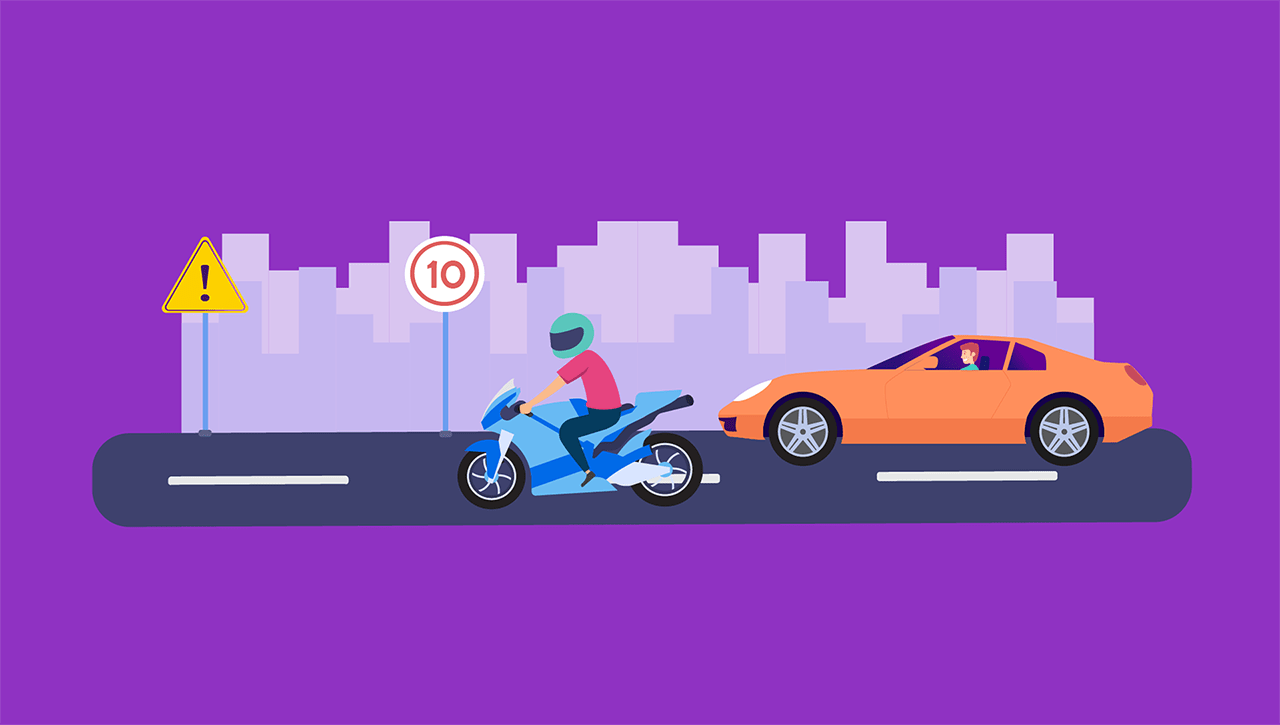Facing a DUI Charge? Stay Informed with These Crucial Steps!
By Umm e Hani on Apr 29, 2024
Contents
DUI stands for driving under the influence of drugs or alcohol. It’s a crime to drive while impaired by drugs to the point where your abilities to drive safely are diminished. The legal blood alcohol content (BAC) limit in most states is 0.08%. However, you can still be arrested for DUI if your BAC is less than 0.08%. But that can happen if you’re exhibiting other signs of impairment. In this blog post, we will discuss the top 10 steps you can take if you have been charged with a DUI!
Here are some of the signs of DUI:
- Slurred speech
- Difficulty walking or standing
- Impaired coordination
- Red or watery eyes
- Flushed face
- Odor of alcohol on breath
- Incoherent or irrational behavior
The penalties for a DUI conviction can be severe, including:
- Fines
- Jail time
- Probation
- Driver's license suspension
- Alcohol education or treatment programs
10 Crucial Steps to Protect Your Rights
1. Know Your Rights
The first step after being arrested for a DUI is to understand your rights. You have the right to remain silent, to have an attorney present during questioning, and to refuse a field sobriety test. It is important to exercise these rights to protect yourself from self-incrimination.
2. Hire an Experienced DUI Attorney
Hiring an experienced DUI attorney is one of the most important steps you can take. A DUI attorney can help you understand the charges against you. They can negotiate with the prosecution, and prepare your defense in court. An experienced DUI attorney can also help you mitigate the potential penalties you may face.
3. Gather Evidence
If you have any evidence that may help your case, such as witness statements or dashcam footage, be sure to gather and preserve it. This evidence can be helpful to your attorney in building your defense.
4. Understand the Charges Against You
It is important to understand the specific charges against you in order to mount an effective defense. DUI charges vary in severity depending on the jurisdiction and the circumstances of the arrest. Understanding the charges against you will help you understand the potential penalties you face and the strength of the prosecution's case.
5. Consider Early Intervention Programs
Many states offer DUI intervention programs or diversion programs. These programs may allow you to avoid a criminal conviction if you successfully complete the program. Eligibility for these programs will depend on your specific circumstances and the laws of your state.
6. Prepare for Court
If your case goes to court, it is important to be prepared. This may involve testifying in your own defense, presenting evidence, and cross-examining witnesses. Your attorney will help you prepare for court and guide you through the process.
7. Mitigate the Impact
Even if you are convicted of a DUI, there are steps you can take to mitigate the impact of the conviction. This may involve participating in alcohol education or treatment programs. And installing an ignition interlock device in your car.
8. Protect Your Future
A DUI conviction can have a significant impact on your future. It includes your employment, insurance rates, and driving privileges. Taking steps to protect your future is important after a DUI conviction. This may involve seeking professional help for alcohol abuse or dependence.
9. Learn from the Experience
A DUI charge can be a wake-up call. If you have been charged with a DUI, it is important to learn from the experience and take steps to prevent future DUI arrests. This may involve making changes to your lifestyle or seeking professional help.
10. Don't Panic
The most important thing to remember after a DUI arrest is not to panic. Take a deep breath, and follow these steps to protect your rights and your future.
Tips To Avoid Getting A DUI
Here are some tips to avoid getting a DUI:
Never Drink and Drive
Alcohol impairs judgment and coordination, making it dangerous to operate a vehicle. Even if you feel "fine to drive," it's always better to err on the side of caution and choose a safe alternative.
Designate a Driver
If you plan to drink, designate a non-drinking driver or utilize ride-sharing services like Uber or Lyft. These convenient and affordable options ensure you get home safely without risking a DUI.
Stay Sober if on Medications
Many medications interact with alcohol, causing impairments that could lead to a DUI arrest. If you're taking medications, carefully read labels and consult your doctor about alcohol consumption. When unsure, avoid alcohol altogether.
Understand Alcohol's Effects
Alcohol affects everyone differently. Be aware of how it impacts you. Factors like weight, metabolism, and food intake influence alcohol's potency. Start slowly, monitor your intoxication level, and adjust your consumption accordingly.
Eat Before and During Drinking
Eating before and during drinking slows down alcohol absorption into the bloodstream. It could help you stay under the legal limit and reducing DUI risk.
Alternate Alcoholic Drinks with Non-Alcoholic Drinks
Pacing yourself is crucial to avoid overconsumption. Alternate alcoholic drinks with non-alcoholic beverages, such as water or soda, to maintain a balanced intake and reduce intoxication.
Be Mindful of Your Surroundings
When consuming alcohol, be mindful of your surroundings and avoid situations that could lead to a DUI arrest. Choose establishments that responsibly serve alcohol and avoid driving if you've had too much to drink.
Know the Legal Limit
Familiarize yourself with the legal blood alcohol content (BAC) limit in your state. While the standard limit is 0.08%, you can still be arrested for DUI with a lower BAC if exhibiting signs of impairment.
Cooperate with Police
If pulled over for suspicion of DUI, cooperate with the police officer. Avoid arguing, refusing field sobriety tests or breathalyzer tests, or resisting arrest. These actions will only worsen your situation.
Seek Legal Representation
If arrested for DUI, contact an experienced attorney immediately. An attorney can inform you of your rights, build a strong defense, and guide you through the legal process, increasing your chances of a favorable outcome.
That’s A Wrap!
A DUI charge is a serious matter, but it is important to remember that you are not alone. There are people and resources available to help you through this difficult time. If you have been charged with a DUI, please do not hesitate to contact an experienced DUI attorney.
FAQ
What Is The Charge For Dui?
The charge for driving under the influence (DUI) is operating a motor vehicle while impaired by alcohol or drugs to the point where your ability to safely drive is diminished.
What Happens When You Get A Dui For The First-Time?
The penalties for a first DUI offense include fines, jail time, probation, and a driver's license suspension. You may also be required to complete alcohol education or treatment programs.
Can You Be Charged With Dui Days Later?
Yes, it is possible to be charged with DUI days later if your blood alcohol content (BAC) is still above the legal limit at the time of your arrest. The legal BAC limit varies by state, but it is typically 0.08%.
What Are The Consequences Of Driving Under The Influence?
The DUI consequences can be severe. In addition to criminal penalties, you could also be liable for civil damages if you cause an accident while driving under the influence. You could also lose your job, your insurance, and your reputation.
Will I Go To Jail For A Dui?
The possibility of going to jail for a DUI depends on the severity of your offense and your criminal history. In most states, you are unlikely to go to jail for a first-time DUI offense. However, you may be required to serve jail time if you are convicted of a subsequent DUI offense. Or if you cause an accident while driving under the influence.
What Happens After You Get A Dui?
The first thing you should do after you get a DUI is to contact an attorney. An attorney can advise you of your rights and help you navigate the legal process. You should also start gathering evidence to support your defense. This may include witness statements, dashcam footage, or receipts from the night of your arrest.


